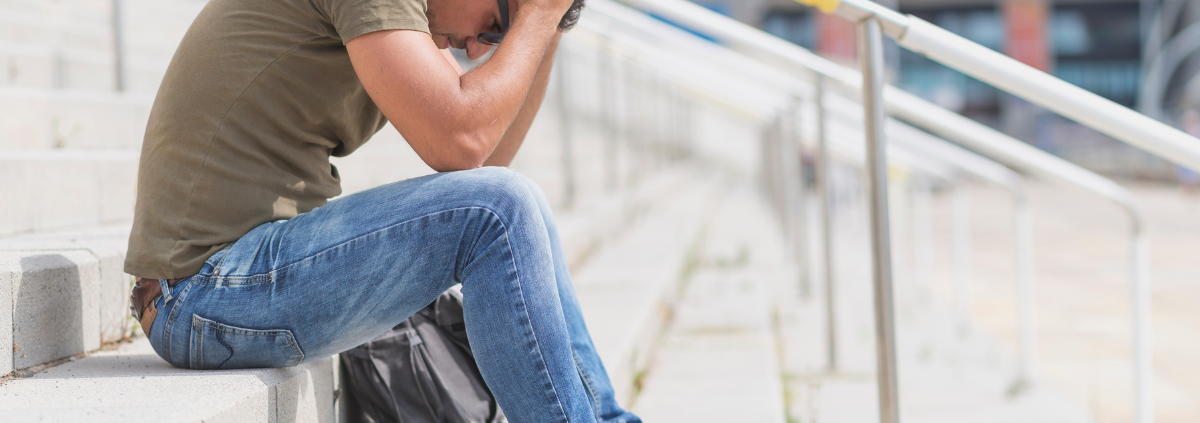Social Anxiety: Signs It May Be Time to Get Help
Anxiety and depression affect 25% of the population at any given time. Social anxiety is on the rise across many demographics and can affect your approach to work, relationships, and overall enjoyment of life.
Since the isolation and other uncontrollable factors of the pandemic began, many people have been affected by new or preexisting social anxiety, even as we try to gain some normalcy back in our day-to-day lives. Though social anxiety is common, it’s not always something you can address and solve on your own. If you are experiencing any of the symptoms or effects listed below, and aren’t sure how to address them, we can help.
What Exactly is Social Anxiety Disorder?
As mentioned above, social anxiety disorder is common. People who suffer from social anxiety disorder likely experience
- Fear of judgment, humiliation, or rejection in social situations
- Aversion to daily activities like eating, speaking, or asking questions in front of others
- Anxiety or fear when it comes to meeting new people or interacting with people you don’t know
Social anxiety can negatively impact your wellbeing when these fears, aversions, and anxieties keep you from going to work or school, and occupy your thoughts and cause worry long before they happen causing you to avoid them.
According to the National Institute for Mental Health, physical and psychological symptoms of social anxiety disorder present in a variety of ways. Sufferers may experience the following either during their daily lives or as performance anxiety such as when playing a sport or instrument, public speaking, or similar scenarios:
- Blush, sweat, tremble, feel a rapid heart rate, or feel their “mind going blank”
- Feel nauseous or sick to their stomach
- Show a rigid body posture, make little eye contact, or speak with an overly soft voice
- Find it scary and difficult to be with other people, especially those they don’t already know and have a hard time talking to them even though they wish they could
- Be very self-conscious in front of other people and feel embarrassed and awkward
- Be very afraid that other people will judge them
- Stay away from places where there are other people
When and How to Get Help For Social Anxiety Disorder
Social anxiety is common and can prevent those who suffer from it from performing to the best of their ability, or building connections and bonds with others. If social anxiety is affecting your ability to work, go to school, or develop meaningful relationships with others, it may be time to seek help.
If you have had prolonged symptoms that cause you extreme loneliness, thoughts of self-harm or substance abuse, it is time to seek help as soon as possible.
There are several treatments for social anxiety disorder including therapy, holistic treatments, lifestyle changes, and prescription medications that give a good prognosis for those who suffer from this condition. Working with mental health professionals to incorporate one or more of these treatments regularly creates a likelihood that people suffering from social anxiety disorder will build healthy coping strategies and control the symptoms of their social anxiety.
The team of doctors and therapists at Hudson Psychiatric Associates is committed to helping patients regain the quality of life they deserve. We’re equipped to serve patient needs in person and through telehealth appointments. If you’re ready to take the next first step in taking back control and satisfaction in your life, we’re here to help. Contact us today to take the next step in reclaiming your life.

